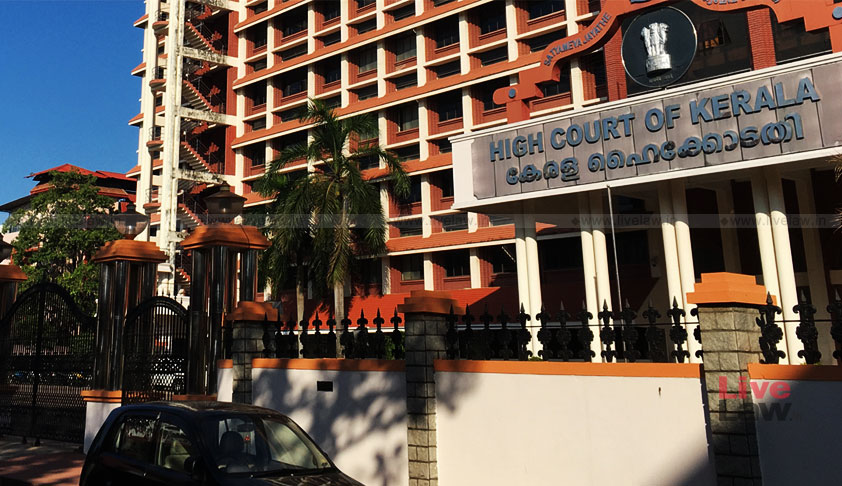Levy Of Surcharge On Retailers On Basis Of Stock Imported Into State Is Discriminatory, Unconstitutional: Kerala HC
Ammu Charles
21 Jun 2018 8:00 PM IST

Next Story
21 Jun 2018 8:00 PM IST
The High Court of Kerala has struck down Section 3(1A) of the Kerala Surcharge on Taxes Act, 1957 (“Act”) for being discriminatory and violative of Articles 301 and 14 of the Constitution. The section levied surcharge of 10 percent on retail chains importing more than 50 percent of the stock from other states and fulfilling other conditions as prescribed under Section 3(1A). The judgment...
